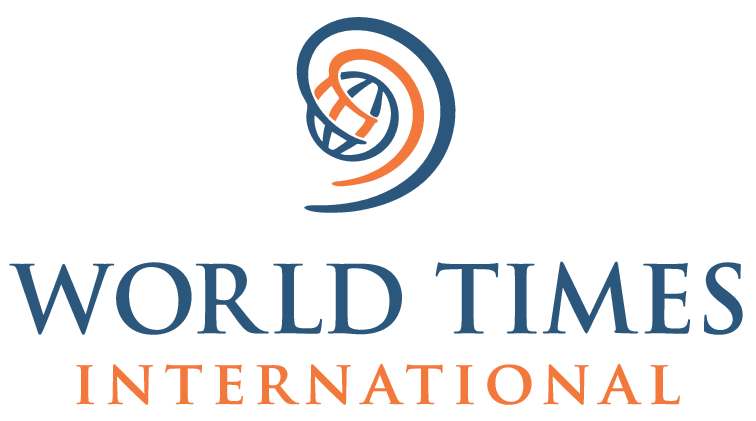- 227 Upper Mall, Mall Road, Lahore
- jworldtimesint@gmail.com
- Monday - Friday : 10:30AM - 6:30PM
Analyzing Pakistan's Journey Towards Sustainable Development Goals: Progress, Challenges, and the Path Forward

In 2015, Pakistan, along with all member states of the United Nations, embarked on an ambitious journey by adopting the Sustainable Development Goals (SDGs). This global agenda aimed at ending poverty, protecting the planet, and ensuring prosperity for all by 2030, comprises 17 goals, 169 targets, and 232 indicators. While these goals are not legally binding, they require governments to take ownership and establish national frameworks for achievement, a challenging prospect amid competing financial and programmatic priorities.
Pakistan’s Strategic Integration of SDGs into National Development
Recognizing the significance of these goals, Pakistan was the first country to integrate the SDGs into its National Development Agenda (NDA) in February 2016, following a unanimous resolution of parliament. This integration, aligned with the seven pillars of Vision-2025, reflects a comprehensive strategy for achieving inclusive growth and sustainable development. The establishment of SDGs Monitoring and Coordination Units at the federal and provincial levels, in coordination with the United Nations Development Programme (UNDP), marks a significant step towards ensuring focused implementation and progress monitoring.
Progress and Moderate Achievements
Despite the formidable challenges, including fiscal constraints and the need for improved governance, Pakistan has made strides towards certain SDGs. A spotlight report highlights moderate progress in some areas, with achievements in goals related to Responsible Consumption and Production (SDG 12) and Climate Action (SDG 13). However, the path to Reduced Inequalities (SDG 10) remains debatable, given the increasing trends in poverty and inequality. The incremental improvement in Pakistan’s global ranking, from 129th out of 163 countries in 2021 to 125th in 2022, indicates a positive trajectory, albeit slow.
Persistent Challenges and Areas for Improvement
The journey towards sustainable development is fraught with challenges. The spotlight report underscores that 10 out of 17 goals remain stagnant, necessitating concentrated efforts and concrete action. Financing the SDGs in a slow-growth economic environment, bridging the knowledge and technology gap for local solutions, and the need for robust governance mechanisms are identified as critical areas requiring immediate attention. Furthermore, Pakistan’s high rate of urbanization and the energy crisis underscore the urgency for comprehensive reforms and sustainable practices.
Persistent Challenges and Areas for Improvement
The journey towards sustainable development is fraught with challenges. The spotlight report underscores that 10 out of 17 goals remain stagnant, necessitating concentrated efforts and concrete action. Financing the SDGs in a slow-growth economic environment, bridging the knowledge and technology gap for local solutions, and the need for robust governance mechanisms are identified as critical areas requiring immediate attention. Furthermore, Pakistan’s high rate of urbanization and the energy crisis underscore the urgency for comprehensive reforms and sustainable practices.
The Crucial Role of Global Partnerships
The achievement of SDGs in Pakistan heavily relies on global partnerships, encompassing development assistance, debt relief, trade agreements, and foreign funding. Strengthening these partnerships, prioritizing integration through cooperation, and building strong institutions capable of transforming the country’s developmental trajectory are essential for progress. As emphasized by the United Nations, the guiding principle of “LEAVE NO ONE BEHIND” should be at the heart of Pakistan’s efforts, ensuring inclusive and equitable development.
Pakistan’s commitment to the SDGs reflects a national aspiration towards sustainable development and prosperity. While notable progress has been made in certain areas, the realization of all 17 goals by 2030 demands a redoubling of efforts, innovative solutions, and enhanced international cooperation. Addressing the multifaceted challenges of financing, governance, and urbanization, while capitalizing on the potential of global partnerships, will be crucial for Pakistan to navigate its path towards achieving the SDGs and ensuring a sustainable future for all its citizens.

